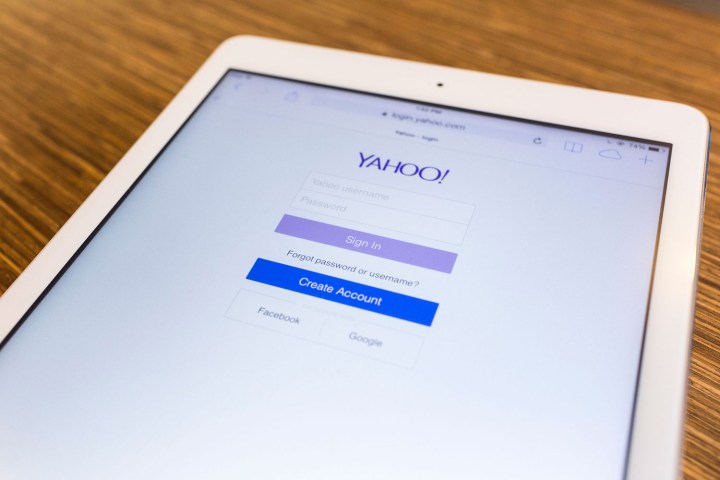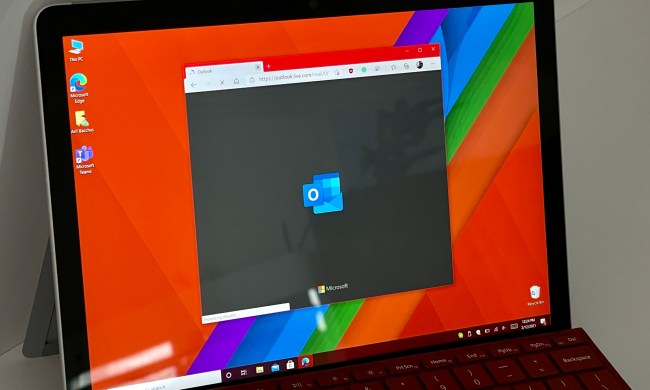
The controversy revolves around Russell Knaggs and his Yahoo account. According to Yahoo’s policies, the company “is not able to search for or produce deleted emails.” But in this particular case, defense attorneys say, Knaggs had six months’ worth of messages recovered, which leads his team to believe that the emails were either collected “by real-time interception or an NSA surveillance program,” Motherboard reports.
As such, the defense’s defense’s motion for discovery has been granted by a San Francisco judge.
According to Yahoo, the recovered emails were duplicates that came from the “auto-save” feature, which saves your messages in case you lose connection or are otherwise unable to complete the email. And while a number of Yahoo employees have attempted to further explain the phenomenon, Knaggs’ defense team claimed that a number of these accounts were contradictory, and that they now need further elucidation.
Needless to say, Yahoo is none too pleased, and has called the request a “fishing expedition,” claiming that it is “unreasonably intrusive.” The tech company has until August 31 to comply with the court order.
“We are very pleased with the Judge’s decision who was able to see the obvious contradictions and problems with Yahoo’s explanations,” Knaggs’ defense team told Motherboard in an email, “Once we obtain the material, the same will be reviewed in order to advance our UK appeal.”


